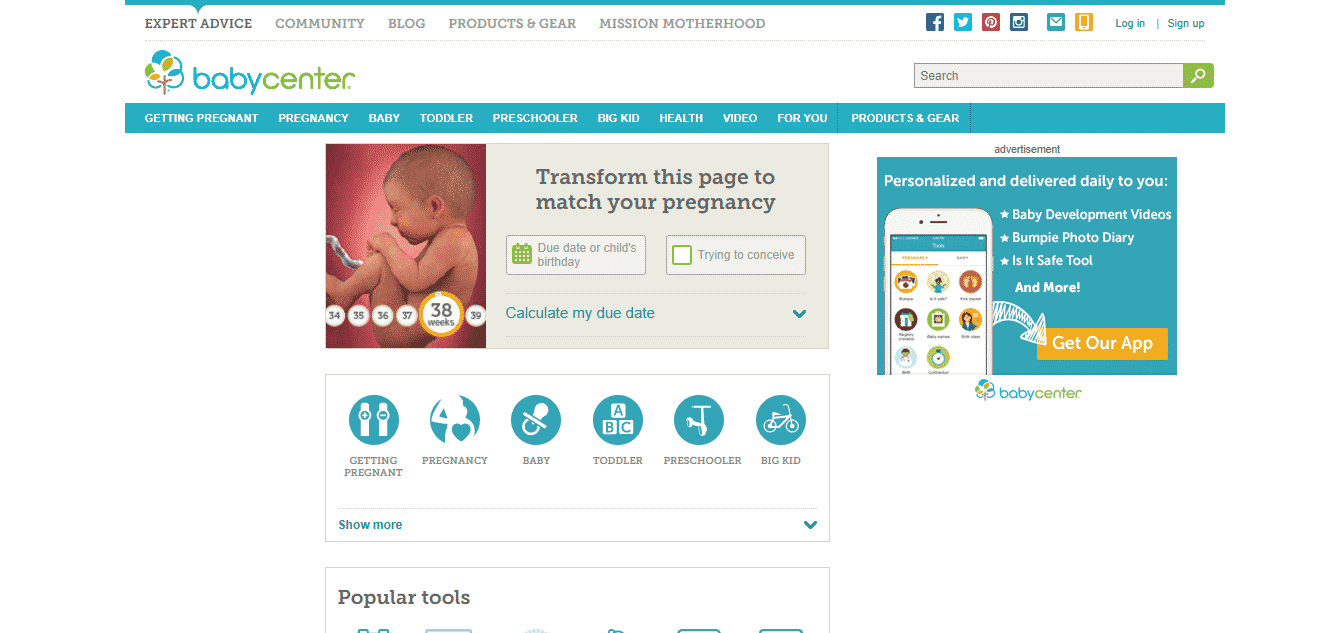Google should finally face extreme competition for Android
Share
The truth alone that Google will start charging in Europe for what one may want to fairly name “parts of” Android is massive information. The change, announced Tuesday due to a European Commission lawsuit, is a first-rate shift in Google’s commercial enterprise model and can potentially loosen the employer’s grip on the seek and browser marketplace. It is a huge deal.

But of all the adjustments that this new licensing version ought to carry, absolutely charging licensees won’t be the biggest. Instead, the biggest element may want to emerge: Google’s cellphone and tablet companions — like Samsung, LG, and Motorola — can now offer Android-primarily based phones in Europe with no Google apps and offerings. That’s a massive deal, and if producers are bold enough to strive for it, it can cause an appreciably distinctive marketplace for Android phones some years down the street.
Until now, Google has locked telephone and pill makers into its ecosystem. If they wanted to encompass Google’s apps and offerings, they successfully had to ring the one app and service on every client Android device they made (except for inside China, in which Google doesn’t operate). That’s intended, for example, that Samsung probably couldn’t release a variation of the Galaxy S9 that simply consists of the Galaxy Apps and the Samsung browser and doesn’t encompass Chrome, Google Play, or Google Search.
Google said it is incorrect to say the unique phrases banned Android partners from making telephones or pills without its apps. Instead, the teeth organization says MS Simplest avoided them from promoting non-certified versions of Android; the ones that had been “well suited” with its apps should nevertheless be shipped, even though its apps weren’t protected. But it’s unclear whether there are any certified clients. Android devices do not consist of Google’s apps. We’ve asked Google for examples.

Companies have basically been forced into this deal. The massive majority of Android apps are allotted via the Google Play Store, and many of those apps depend upon Google Play offerings. Abandoning Google would imply forsaking the Play Store, which could mean delivering a device without Facebook, Snapchat, Instagram, etc. Device makers might have to depend upon an opportunity app shop and convince developers to distribute their apps on it, and in many cases, rework those apps to function without Google services, too.
This became something the European Commission saw as huge trouble. As a part of its $five billion ruling fining Google for “unlawful practices” with Android, it required that Google prevent setting this exclusivity association on its partners. Google, the Commission wrote, denied users “get entry to in addition innovation and clever cellular gadgets based totally on alternative versions of the Android running system” and “closed off a crucial channel for competition to introduce apps and offerings” inside the manner.
We’re not seeing what Samsung, Motorola, Sony, HTC, LG, and so on could do on an Android phone without Google. Now, we’d.
There are legitimate questions here of whether this is a good idea. Those groups growing their personal app shops and backend services could be a mess for developers and confusing for consumers. The transition might be unsightly, and it can weaken the already hard state of top-class Android apps.
Or it can lead all these items to flourish. For example, Samsung could cross all in at the Galaxy Apps save, or a few independent 1/3 birthday parties should begin with its personal provider that becomes the de facto Android app distributor. Those shops could provide higher phrases for developers and do a higher process enforcing privacy necessities to protect customers, leading to a higher environment for everybody.

Perhaps extra importantly, we’ve got a concept of what this world seems like, good or bad. We can get a glimpse in China, wherein apps are broken up throughout many exclusive stores — none has more than a quarter of the marketplace, in step with the cellular research company Newzoo — but even that doesn’t paint the entire picture. There’s been little incentive for groups to make cellphone versions, let alone absolutely one-of-a-kind hardware, only for one USA. Now, they have almost all of Europe to market those non-Google devices, too.
Even if this isn’t a revolution, it can lead to a few exceptional initiatives. Amazon’s Google-loose Fire drugs are a number of the most inexpensive alternatives on the market. And there’s a sign that different corporations may want to get at the back of Amazon’s effort. The Commission wrote that it had “observed evidence that Google’s behavior prevented some of the huge producers from developing and selling devices based totally on Amazon’s Android fork called ‘Fire OS.'”
Who knows if they’ll do that?
Companies profit from Google search referrals, and clients want Google’s apps. This exception is also restrained only to Europe, considering that that’s what the ruling is. That hassle should make it tough for agencies to get the important size to make starting up an alternative environment a legitimate selection, considering that those devices couldn’t be offered anywhere else. But they can strive. And in the end, which means that Google has to be cautious. Before Android, telephone makers had no opportunity — now, they do. For Google, which doesn’t really personal Android, that might be the primary extreme danger to its international smartphone dominance in years.





